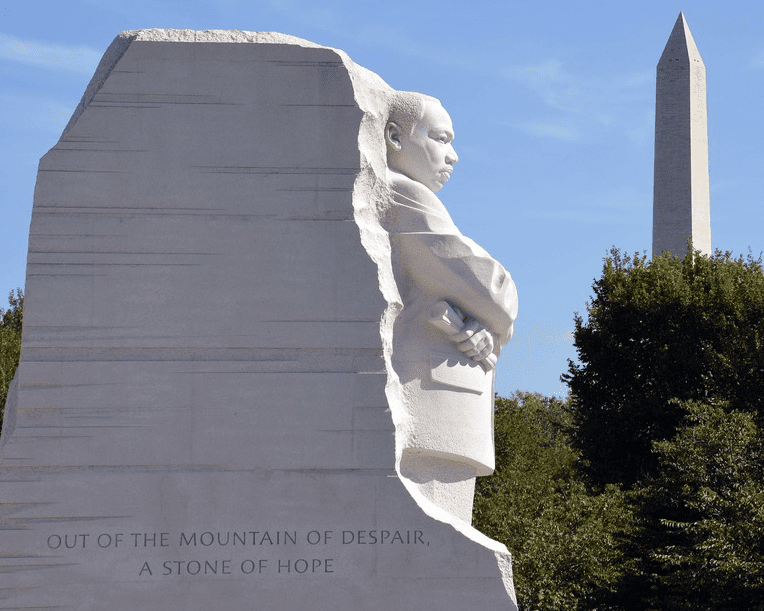
Shaping Canadian citizens: A historical study of Canadian multiculturalism and social work during the period from 1900 to 1999

news, new scholarship & more from around the world

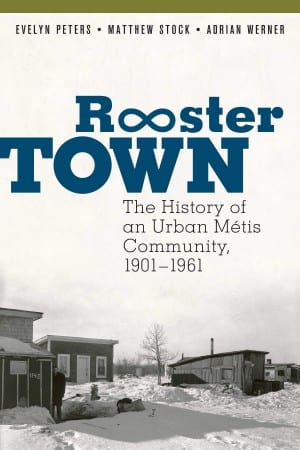
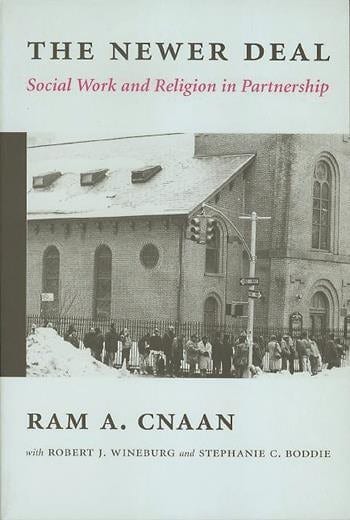
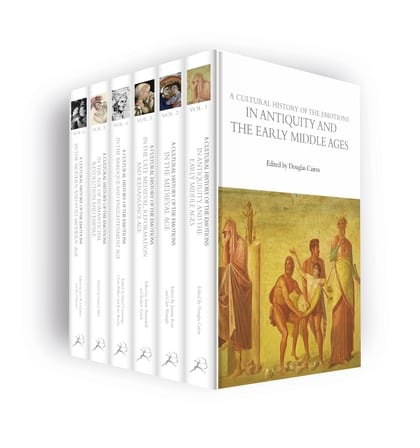
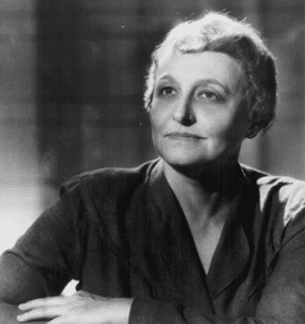
Arlien Johnson, the School’s founding director, became a leading social work educator and theorist guided by the belief that, in her words: Social change is inevitable, but human needs are the same from one generation to another.
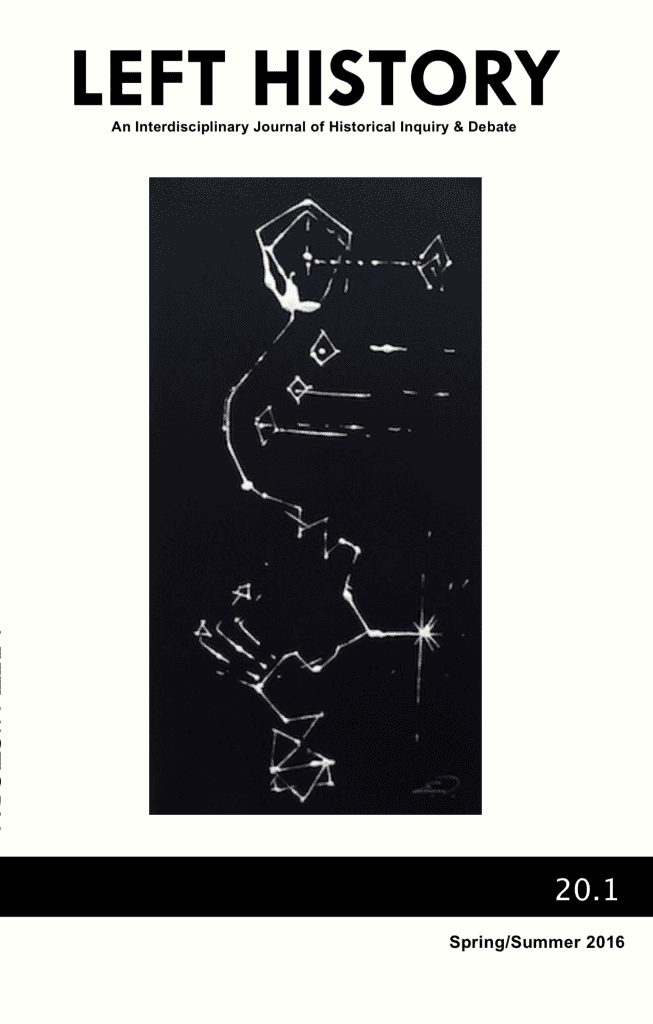
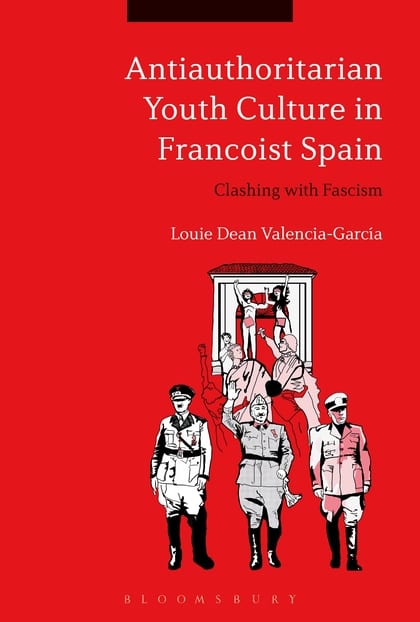

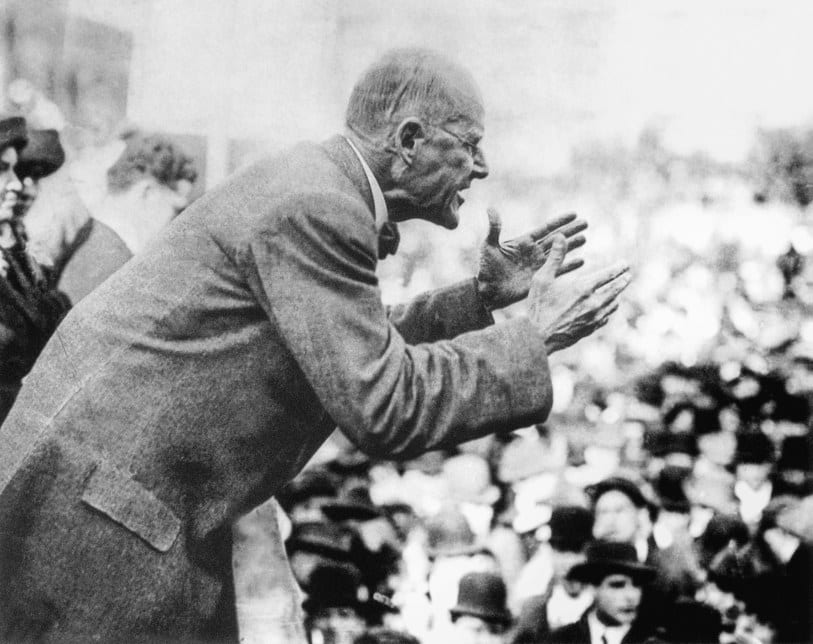
Debs ran for President five times, captivating crowds by the tens of thousands.
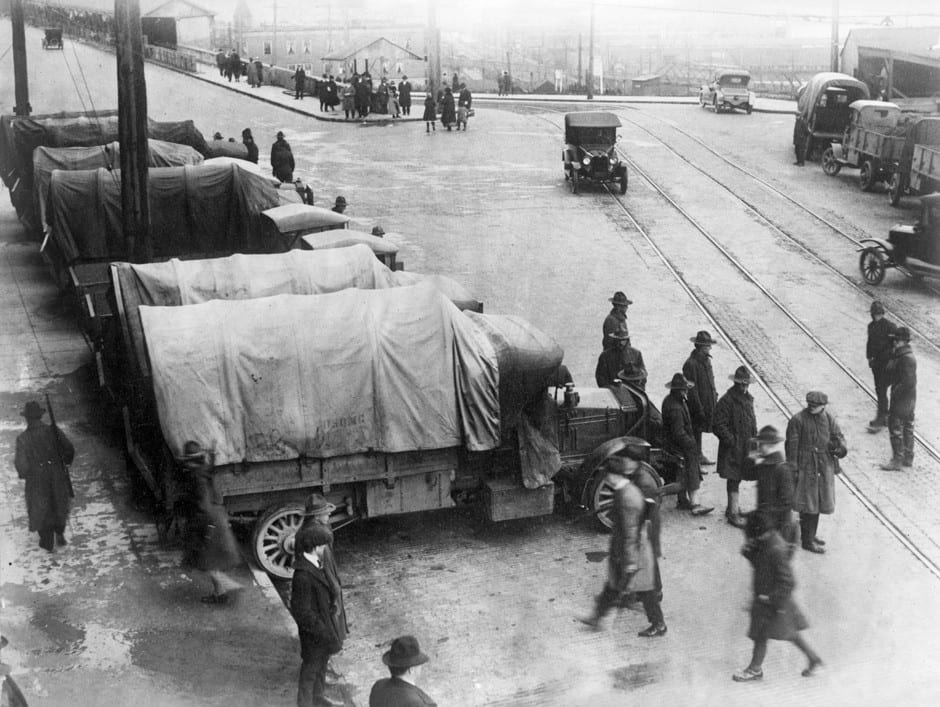
Striking workers walk by covered trucks during the 1919 General Strike.
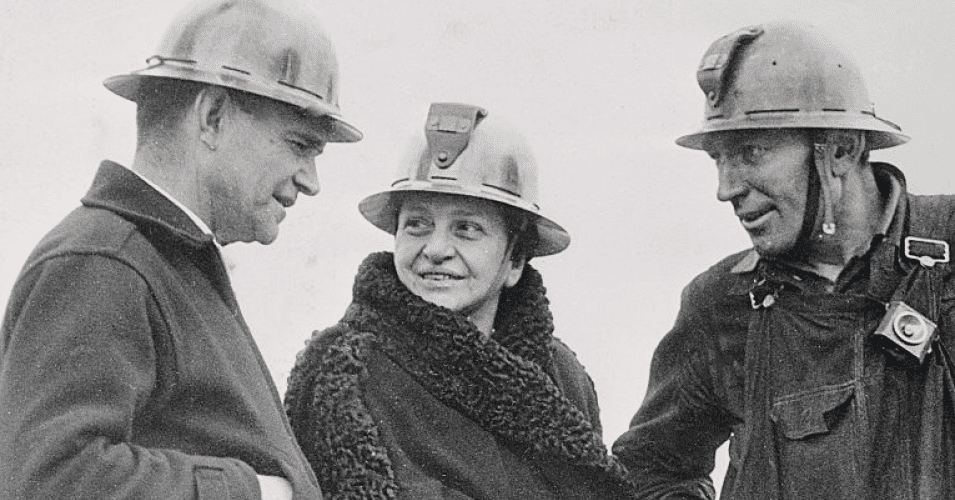
Above: Frances Perkins, Secretary of Labor under President Delanore Roosevelt, talking with construction workers as she received first hand information on the Golden Gate Bridge Project as it was under construction in the 1930s. Born in 1880, Perkins grew up in a middle-class household in Worcester, Massachusetts. After graduating from Mt. Holyoke University, she was drawn to social work as the Progressive movement of the early 20th century took shape.
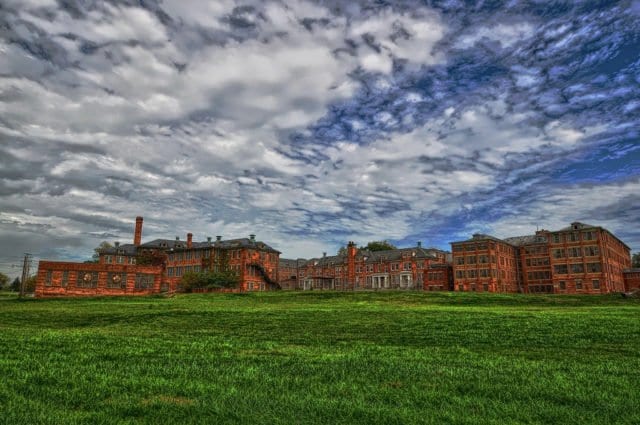
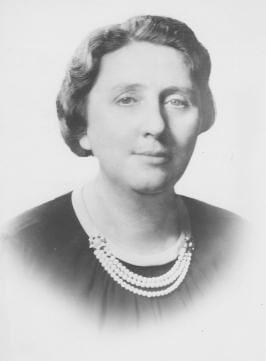
Miss Hoey has been president of the New York State Conference of Social Work and vice president of the National Conference of Social Work, and secretary of the American Association of Social Workers.
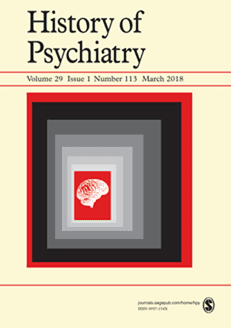
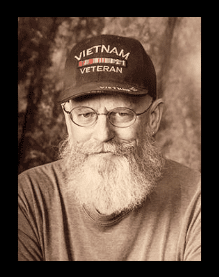
Melton Francis, MSW



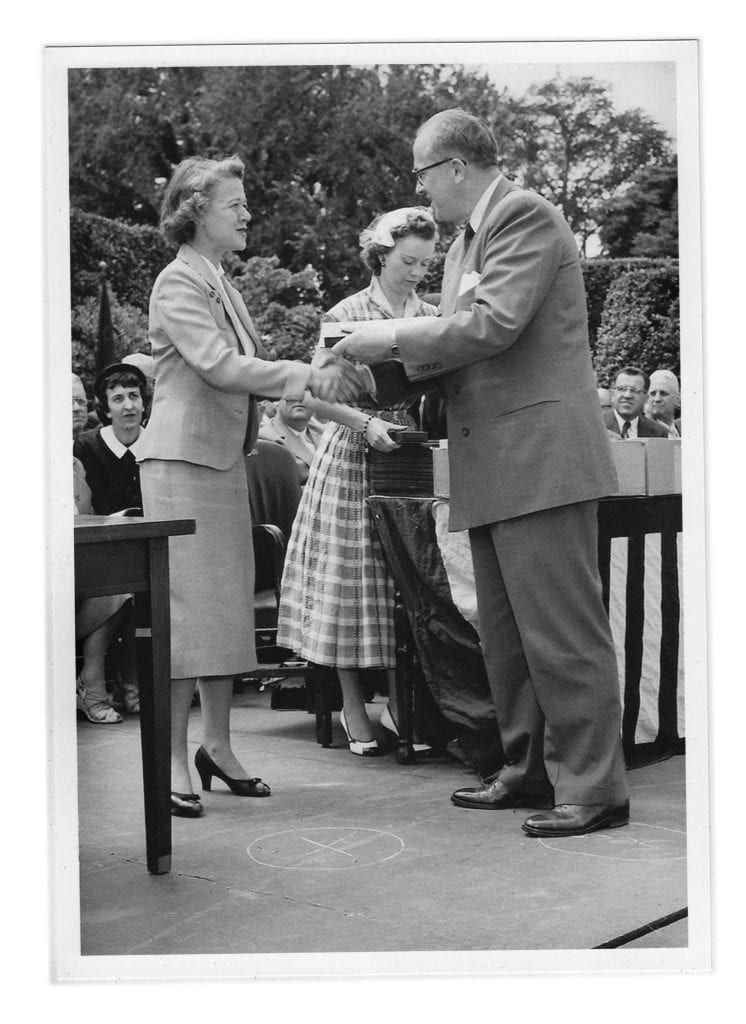
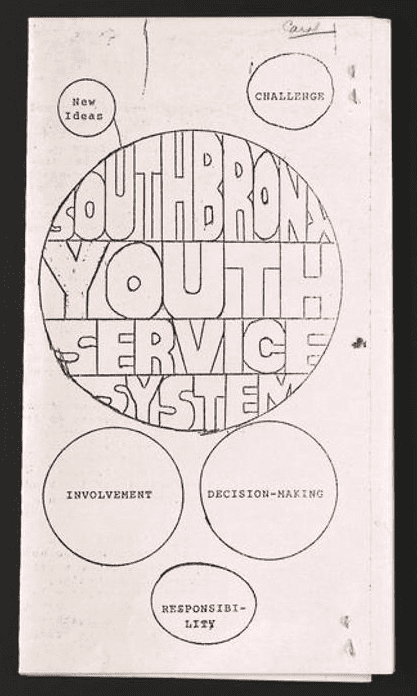
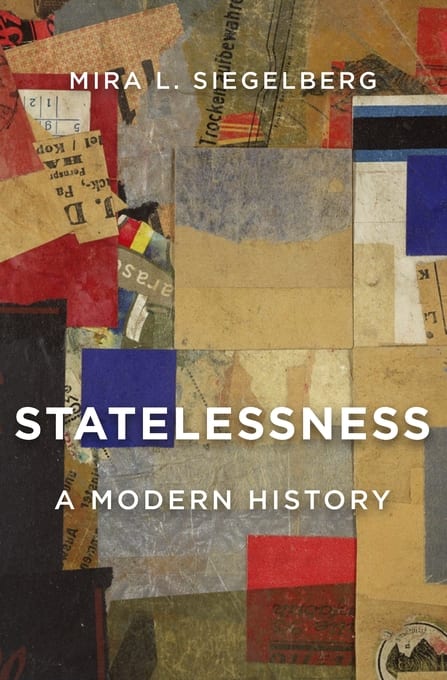
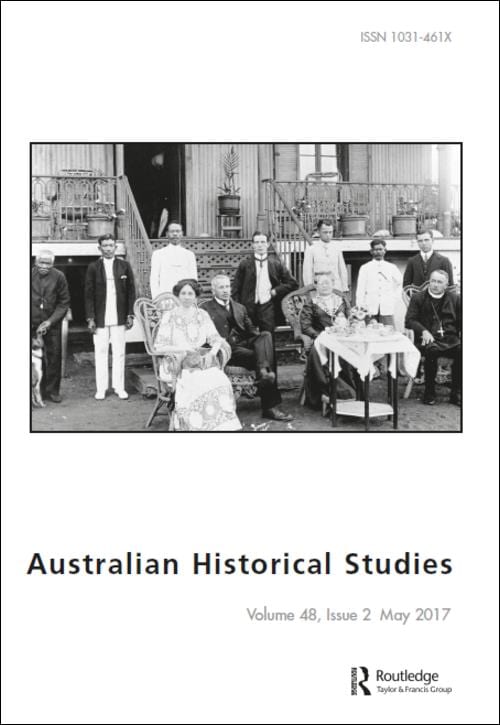

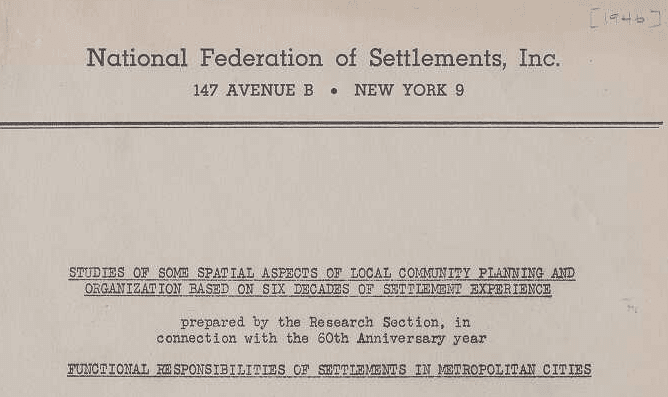

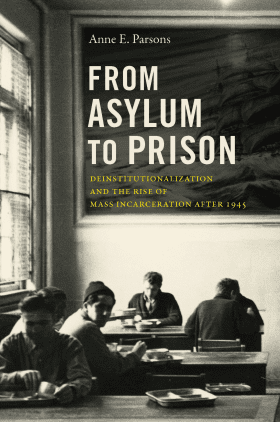



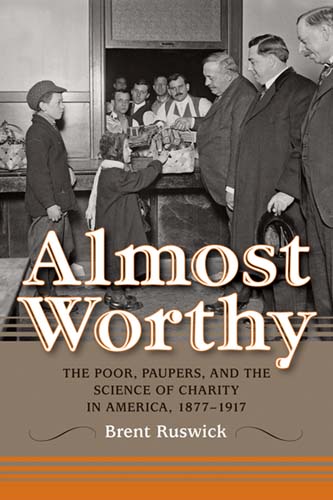
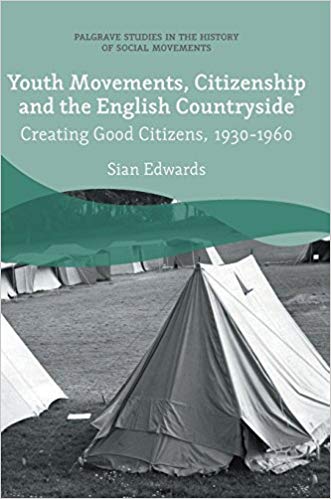
Explores the topic of youth from a rural perspective by using the countryside as a lens for understanding youth training. Compares the similarities and differences of four different youth movements.
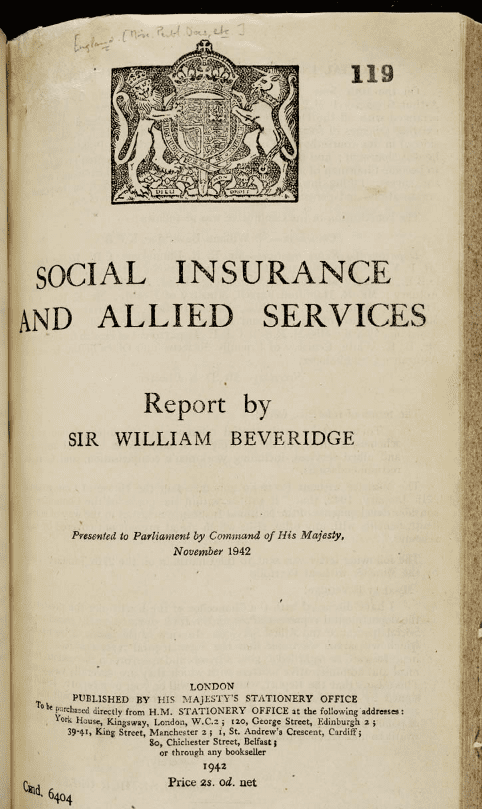

Episode about the later history of the revolutionary union the Industrial Workers of the World 1918-1950s.
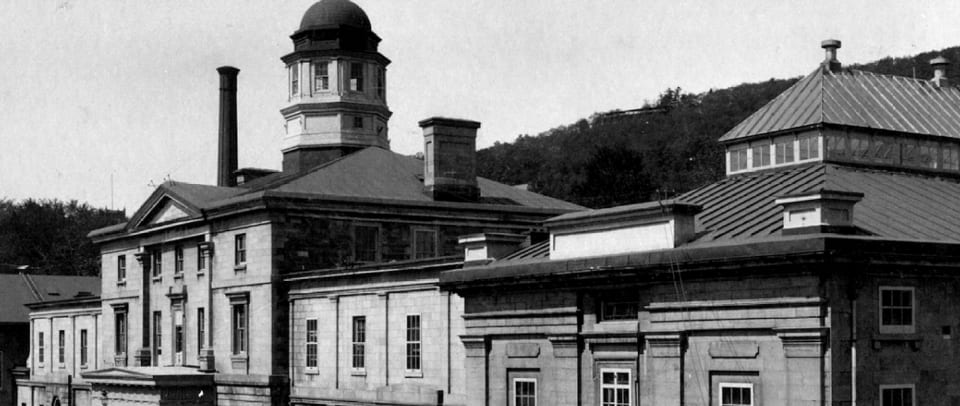
In 1918, the Department of Social Studies and Training, funded by the theological colleges, was opened at McGill University. It was only the second school of its kind in Canada. For the first time, women outnumbered men in the Faculty of Arts.
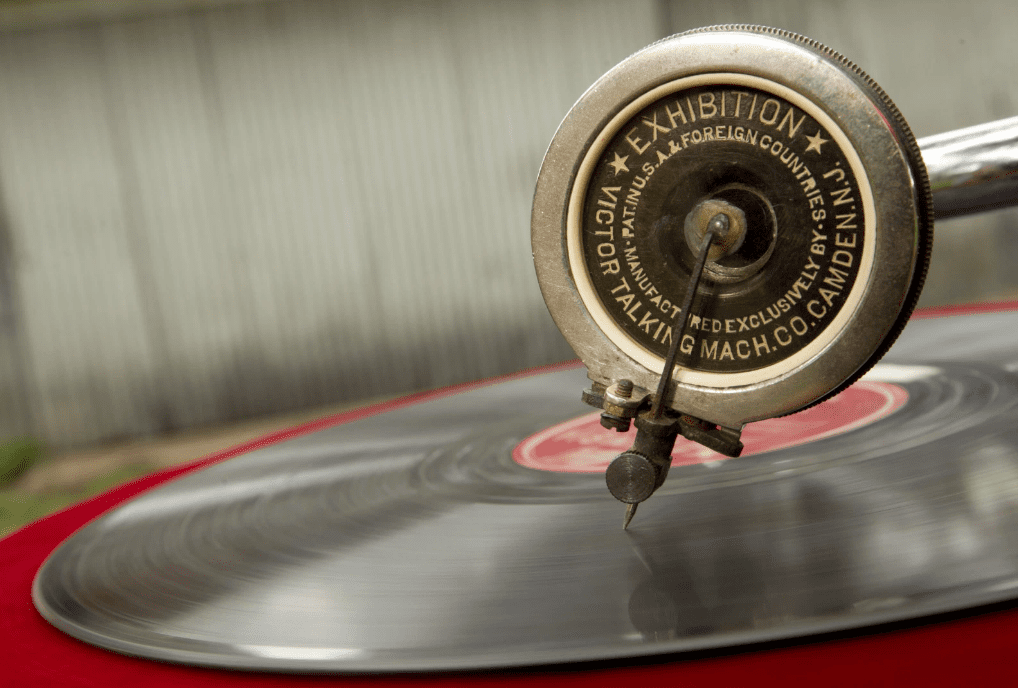

Our Founder
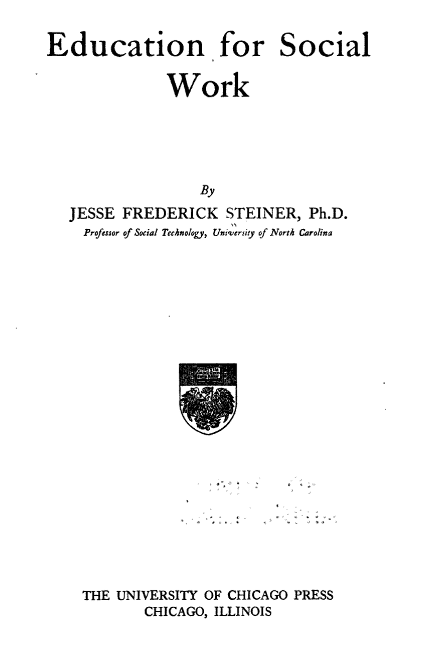
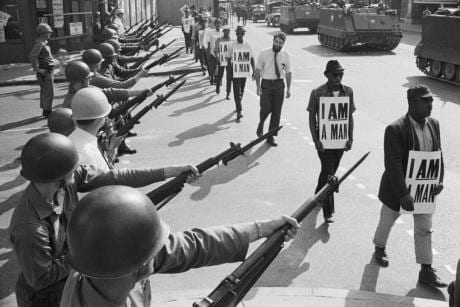
Memphis sanitation strike, 1968
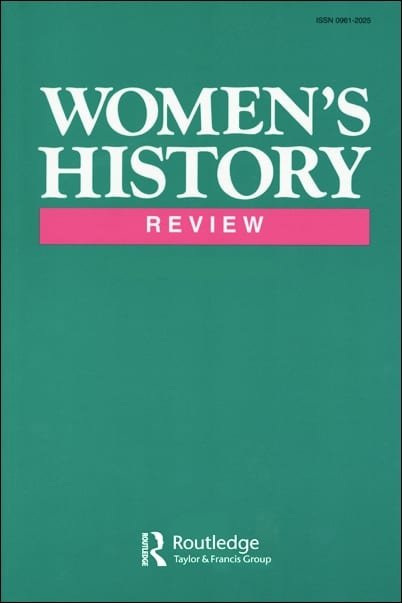
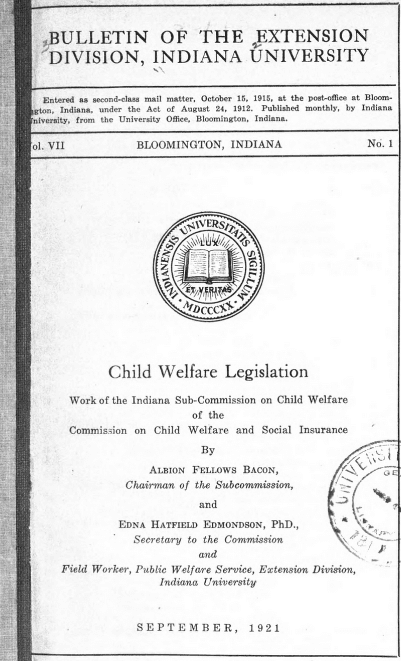
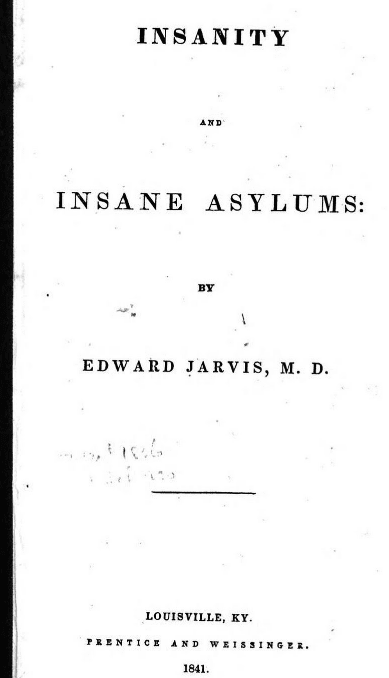
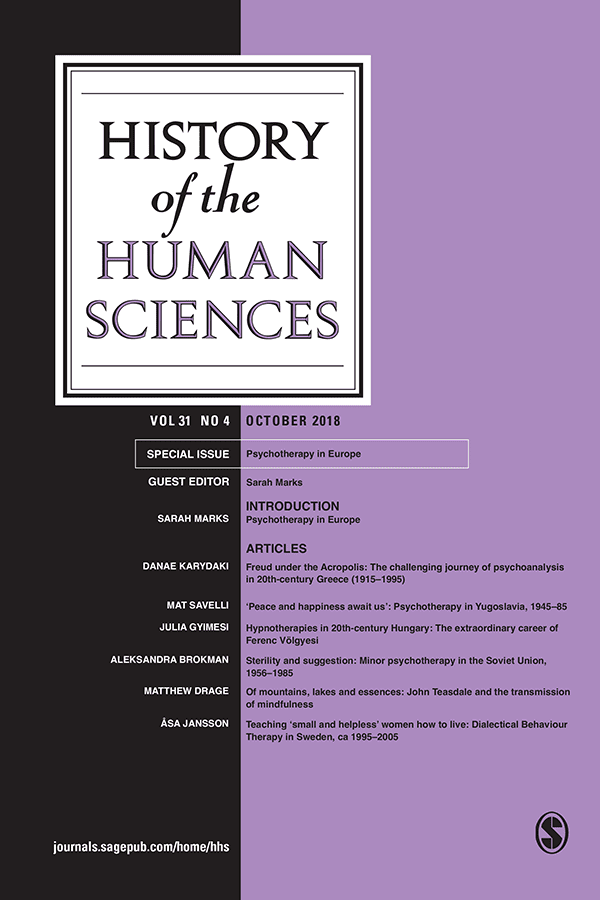
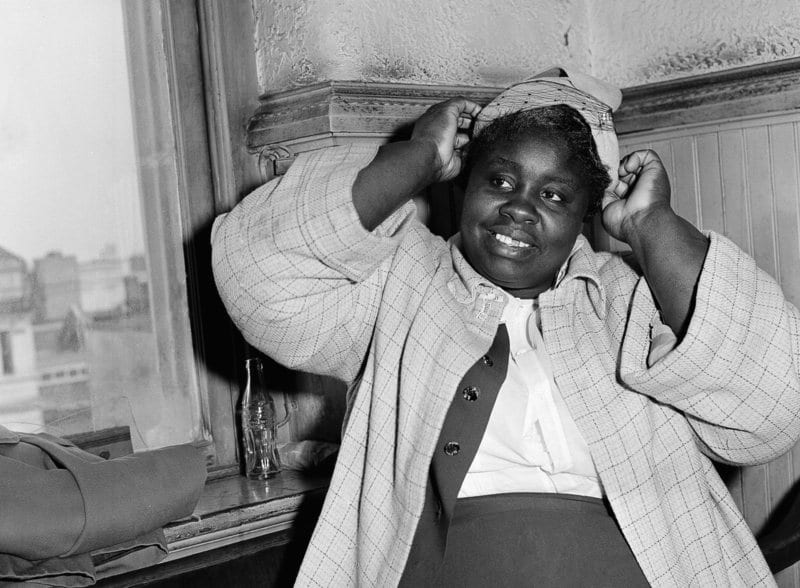
“There comes a time when people get tired of being trampled over by the iron feet of oppression,” Dr. Martin Luther King Jr. called out from the podium. “There comes a time, my friends, when people get tired of being flung across the abyss of humiliation.” Dr. King’s speech—his first as a civil rights leader—electrified the crowd…. Georgia Teresa Gilmore (above), a cafeteria cook, midwife, and single mother of six, was one of the thousands of people crammed into the church that night. “I never cared too much for preachers,” Gilmore later recalled, “but I listened to him preach that night. And the things he said were things I believed in.”
